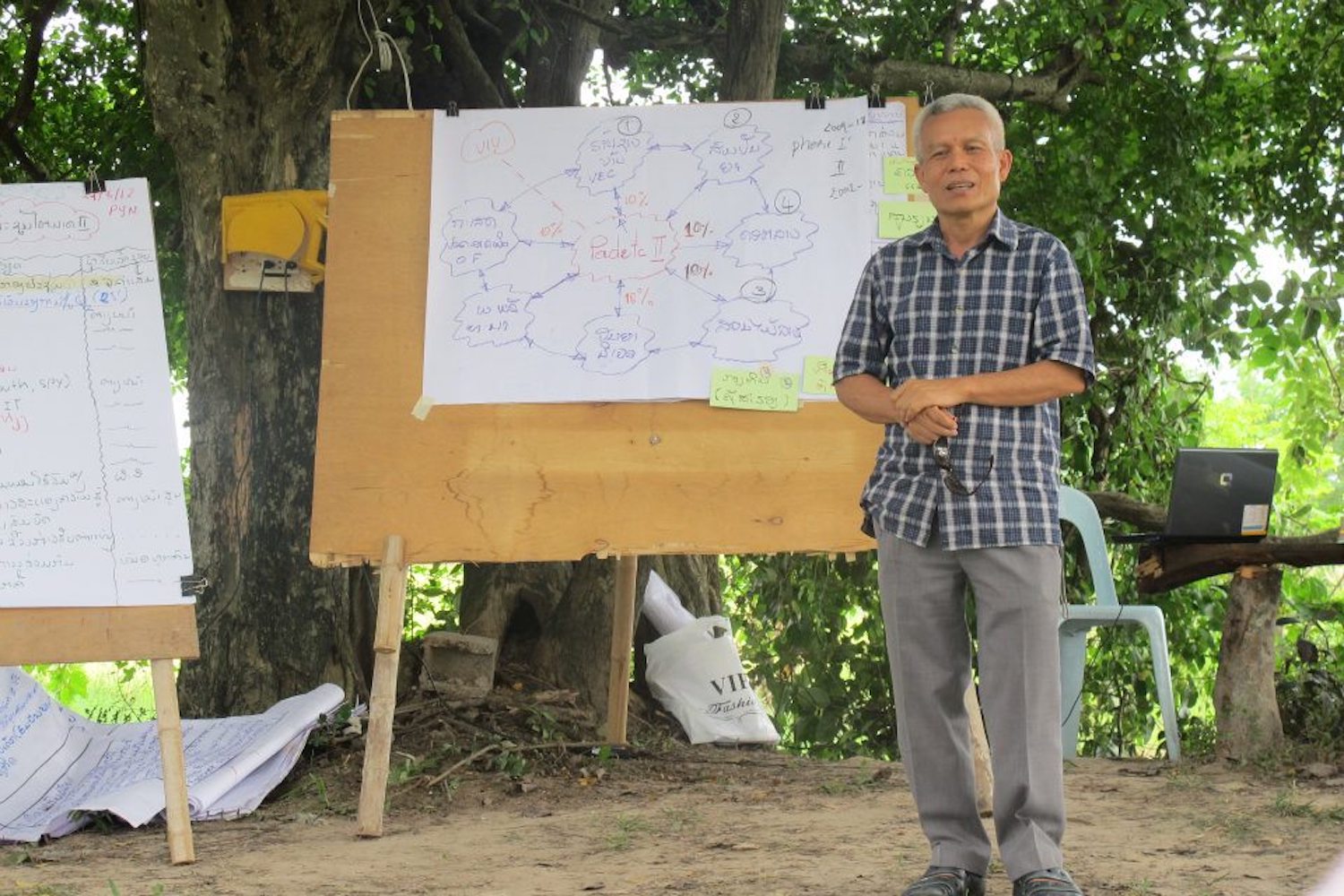[et_pb_section bb_built=”1″ _builder_version=”3.0.67″][et_pb_row use_custom_gutter=”on” gutter_width=”2″ background_position_1=”top_left” background_position_2=”top_left” background_repeat_1=”no-repeat” background_repeat_2=”no-repeat” _builder_version=”3.0.67″][et_pb_column type=”1_3″][et_pb_text _builder_version=”3.0.76″ text_font_size=”20″ header_font_size=”75px” background_layout=”light” border_style=”solid” module_alignment=”left”]
123
out of
180
Laos’ ranking in the Heritage Foundation’s 2017 “Index of Economic Freedom”
[/et_pb_text][et_pb_text _builder_version=”3.0.76″ custom_padding=”20px|||” background_layout=”light” text_orientation=”left” border_style=”solid” module_alignment=”left”]
Note: This is another in a series of posts on “Laos by the numbers.”
Feedback and suggestions are welcome.
[/et_pb_text][/et_pb_column][et_pb_column type=”2_3″][et_pb_text _builder_version=”3.0.76″ background_layout=”light” border_style=”solid” module_alignment=”left”]

In its 2017 Index of Economic Freedom, the Heritage Foundation ranks the Lao PDR a 123rd out of 180 countries.
Its score of 54 places it in the category of “mostly unfree.” Other categories include free, mostly free, moderately free and repressed. Laos score has remained quite stable over the ten year history of the index.
The index combines indicators of Rule of Law, Government Size, Regulatory Efficiency, and Open Markets. Hong Kong tops the list, and North Korean is at the bottom.
Rankings and scores of neighbouring countries include:
- Thailand: 55th (66.2)
- Cambodia: 94th (59.5)
- China: 111th (57.4)
- Myanmar: 146th (52.5)
- Vietnam: 147 (52.4)
In part, the Heritage Foundation states:
The Laotian economy has shown notable resilience, growing at an average annual rate of more than 7 percent over the past five years. Laos continues to integrate more fully into the system of global trade and investment. The trade regime has become more transparent, and there has been progress in improving the management of public finances.
Substantial challenges remain, particularly in implementing deeper institutional and systemic reforms that are critical to advancing economic freedom. Weak property rights, pervasive corruption, and burdensome bureaucracy, exacerbated by lingering government interference and regulatory controls, continue to reduce the dynamism of investment flows and overall economic efficiency.
[/et_pb_text][et_pb_comments _builder_version=”3.0.67″ show_avatar=”off” show_reply=”on” show_count=”on” background_layout=”light” border_style=”solid” custom_button=”off” button_letter_spacing=”0″ button_icon_placement=”right” button_letter_spacing_hover=”0″ /][/et_pb_column][/et_pb_row][/et_pb_section]


 (Paris)The situation of civil and political rights in Laos remains dire, FIDH and its member organization Lao Movement for Human Rights (LMHR) said today, ahead of a landmark review by a United Nations (UN) body. FIDH and LMHR also
(Paris)The situation of civil and political rights in Laos remains dire, FIDH and its member organization Lao Movement for Human Rights (LMHR) said today, ahead of a landmark review by a United Nations (UN) body. FIDH and LMHR also  The situation of civil and political rights in Laos will be examined by the UN Human Rights Committee (CCPR) for the first time on
The situation of civil and political rights in Laos will be examined by the UN Human Rights Committee (CCPR) for the first time on 











